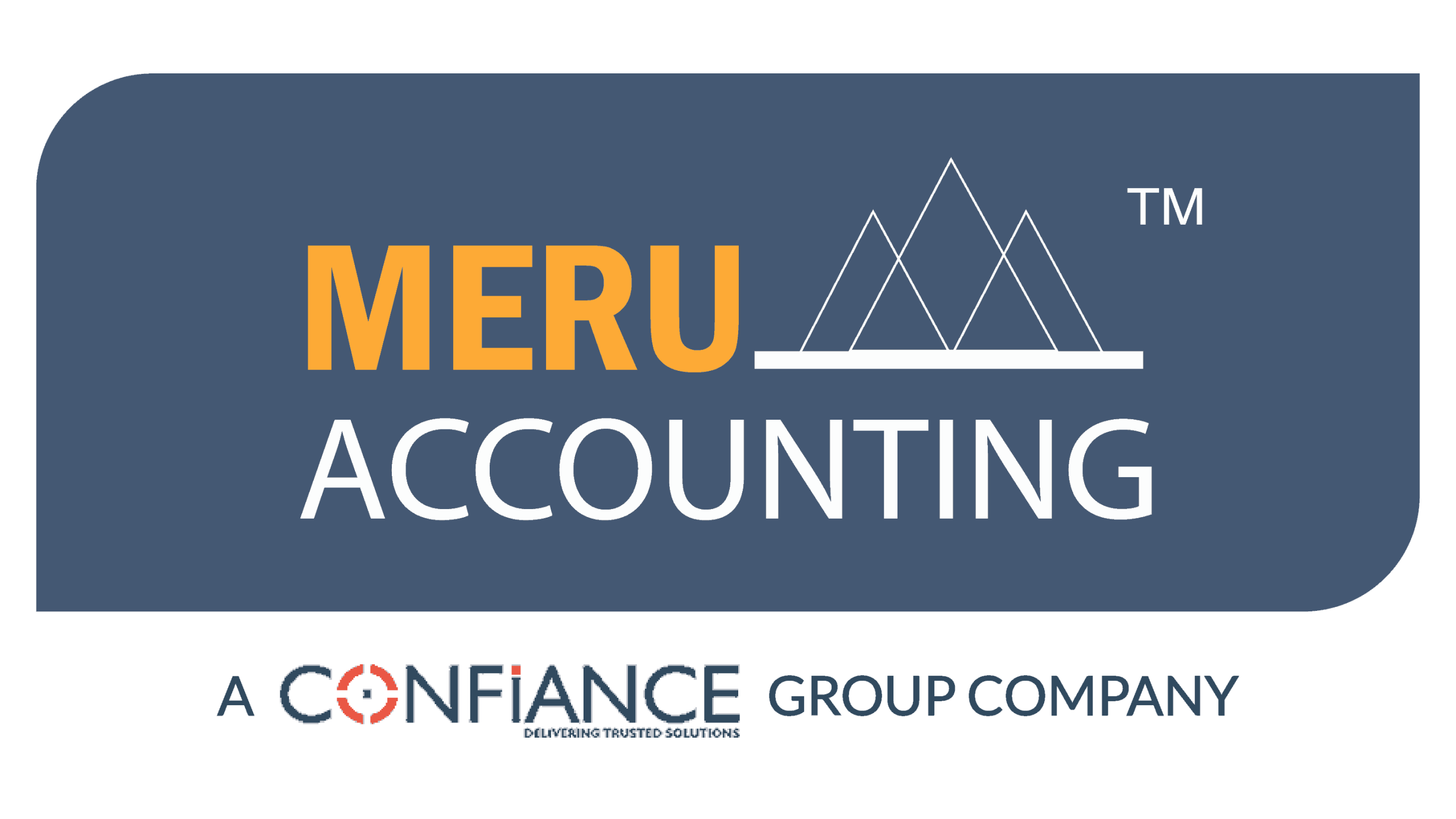Enhance Your Construction Accounting Strategies to Gain Financial Clarity and Control
Construction accounting plays a key role in cost control, job tracking, and financial health. With strong construction bookkeeping, you get clear insight into where funds go and how jobs perform. This guide shares steps to improve both construction accounting and bookkeeping so you can run jobs with less stress and more gain.
Key Strategies to Enhance Construction Accounting Practices
Construction accounting is key to running a smooth, cost-effective job site. By using smart tools and strong systems, firms can improve how they track costs, manage cash, and meet goals. Below are key strategies to improve construction bookkeeping and accounting efforts.
1. Implement Job Costing
Job costing helps track each project’s money flow and profit.
- Track Expenses by Job: Log every cost and tie it to a job. This gives clear insight and shows if you’re going over budget.
- Run Reports Often: Use job cost reports to track trends. Weekly or monthly reviews can help you make smart moves fast.
2. Use Construction-Specific Accounting Software
Tools built for builders help manage tasks like job costs, payroll, and contracts.
- Automate Billing: Software can send invoices by milestone or hours worked. It also tracks retention and cuts admin work.
- Sync with Project Tools: Pick tools that link with project software. This keeps data fresh and helps you decide with speed and facts.
3. Optimize Cash Flow
Strong cash flow keeps work on track and teams paid.
- Set Clear Terms: Use milestones for pay and stick to terms. Offer early pay perks or charge for delays.
- Track Retainage: Retainage is pay held until the job is done. Use tools to track this and make sure it’s paid when due.
4. Track Labor and Equipment in Real Time
Fast data helps cut waste and boost profit.
- Use Time Tracking Apps: These tools log hours by job and lower payroll errors.
- Watch Equipment Use: Track use, care, and breaks in use. This avoids high costs and keeps gear in top shape.

5. Focus on Compliance and Tax Planning
Good tax work cuts risk and saves money.
- Know the Laws: Check tax rules and labor laws often. A pro in construction accounting can help stay on track.
- Use Deductions: Save money with write-offs for tools, fuel, gear, and trucks.
6. Review Budgets and Financials Often
Check costs vs. plan to spot gaps and steer clear of risk.
- Analyze Gaps: If you’re over or under budget, learn why. This helps plan jobs and price work with care.
- Update the Budget: As things shift, update your plan. This keeps money goals in line with job needs.
By using these tips, construction bookkeeping becomes more clear and useful. With better tools and habits, teams can cut costs, plan well, and grow profits.
Essential Steps to Bring Clarity and Control to Your Construction Business Finances
1. Use Specialized Accounting Software
- Construction accounting works best with tools built for the trade. Software like QuickBooks, Xero, or Sage 100 Contractor helps track job costs, manage tasks, and log hours.
- With real-time access to financial data, these tools help spot issues fast. By using software made for construction accounting, firms can cut down on errors and make better money choices.
2. Implement Job Costing
- Job costing is key in construction accounting. It tracks labor, materials, subs, and other costs for each job.
- This helps you see if a job makes or loses money. Job costing also shows where you can save, giving you more control over your budget and plans.
3. Maintain Accurate Records
- Good construction bookkeeping starts with clean records. Log all money moves—payroll, receipts, and bills—to stay in line with tax laws.
- With solid records, you can run reports, prep for tax season, and spot trends with ease. It also makes audits and reviews much simpler.
4. Manage Cash Flow
- Cash flow can make or break a job. Track your money in and out to make sure you can pay your crew, buy materials, and cover site needs.
- Use forecasts to plan for slow weeks or big buys. Strong cash flow means fewer delays and more trust from your team and clients.
5. Track Project Budgets
- In construction bookkeeping, tracking budgets is a must. Set a budget for each job and compare it to real costs as work moves forward.
- This helps you stop overspending early and move funds where they’re needed. With tight budget tracking, you stay on goal and protect your profit.
6. Regular Financial Reporting
- Run reports like profit/loss, balance sheets, and cash flow often. This gives you a full view of where you stand and helps guide smart moves.
- Good reports are core to construction bookkeeping. They let you act fast if issues pop up and plan ahead with real data.
7. Implement Internal Controls
- Set rules and checks to guard your cash. This includes split duties, approval steps, and audits.
- With good controls, you lower the risk and know your data is solid. That means fewer errors and more trust in your books.
8. Understand Tax Obligations
- Construction accounting has its own tax rules. These can include sales tax, payroll rules, and project-specific write-offs.
- A tax pro who knows the field can help you stay on track, avoid fines, and even boost savings with smart planning.
9. Utilize Financial Advisors
- An expert in construction bookkeeping or finance can guide your next big steps. They offer advice on bids, budgets, and growth.
- Their insight helps you build a plan that fits your goals—and keeps your finances in check.
Strong construction accounting and construction bookkeeping put you in control of your money, reduce waste, and help your business grow. By using the right tools, tracking costs as they happen, and staying on top of taxes and reports, you manage your project finances with ease. Good habits lead to better jobs, steady cash flow, and higher profits.
At Meru Accounting, we offer expert help tailored for the construction industry. Our team supports you in setting up smart systems, staying compliant, and keeping your books clear—so you can focus on building, not on bookkeeping.
FAQS
- What is construction accounting?Construction accounting is the process of tracking money for building jobs. It includes job costs, budgets, and profit checks made for the way the trade works.
- Why is job costing important in construction?
Job costing tracks all costs for each job. It helps with correct billing and shows when costs go over plan, so your jobs stay on track and make money.
- How does construction-specific accounting software benefit my business?This type of software supports construction accounting with tools like job costs, budget control, and links to project tools. It helps you manage work and money in one place.
- What are Work-in-Progress (WIP) reports?
WIP reports show how far jobs have gone. They list costs, billings, and work done, so you can keep budgets in check and plan next steps.
- How can I manage overbillings in construction projects?To avoid issues, line up billing with the real work done. This keeps your books true and helps stop cash flow gaps.
- Why is team training essential in construction bookkeeping?
With good training, your team will know how to track money the right way. This makes your construction bookkeeping more clear, correct, and in line with laws.
- When should I seek professional accounting assistance?
Call in a pro when you face tax tasks, rule changes, or don’t have the staff. Experts in construction accounting can help you save time, cut risk, and stay ahead.








